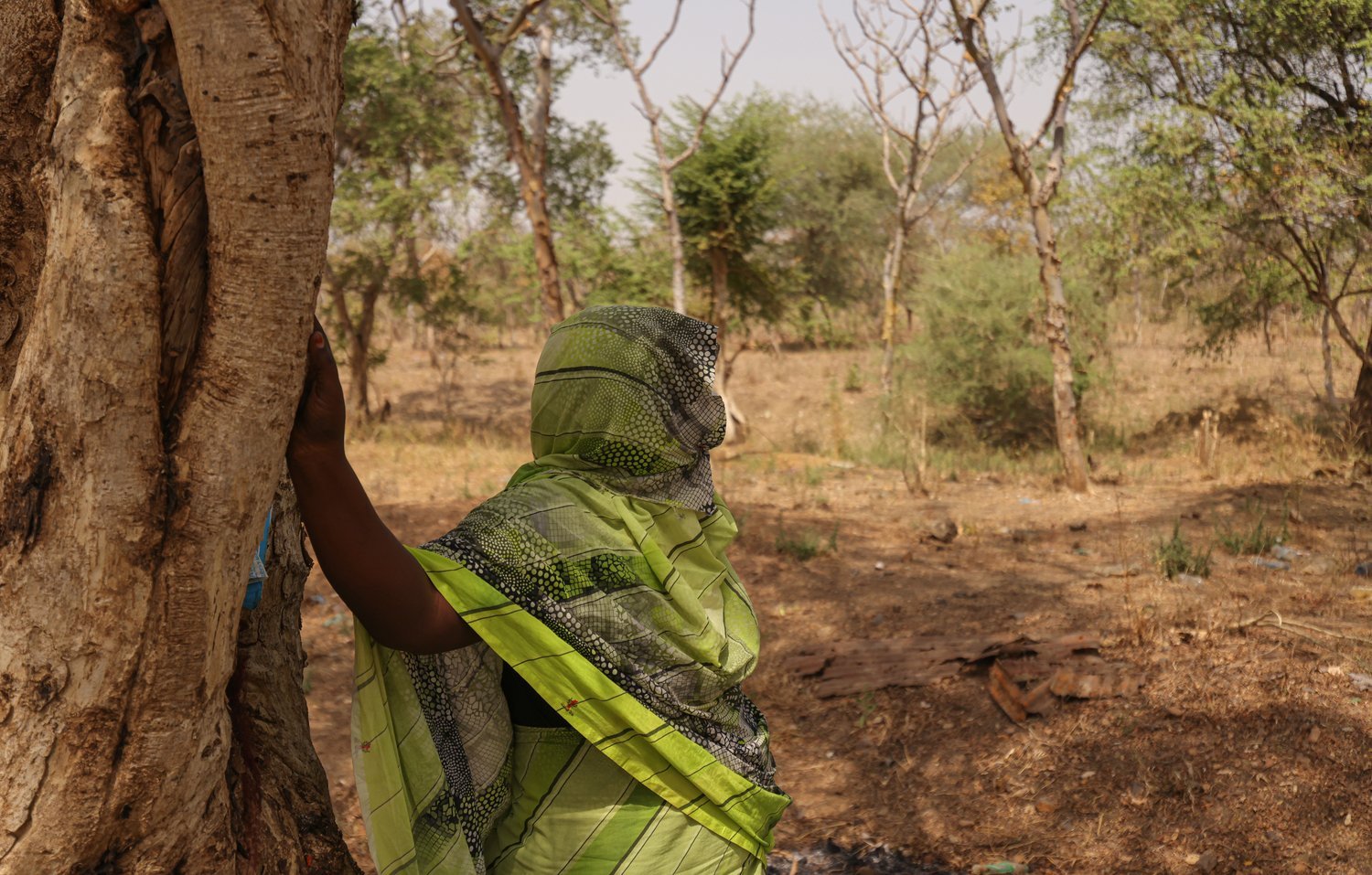Burundi: camp received first refugees
Burundi: camp received first refugees
In Burundi, the newly-established camp of Gihanga in Mwaro Province, received its first refugees this week, when a group of 102 Congolese arrived from the insecure border area near the Democratic Republic of Congo. Ninety-eight of the refugees came from Karurama transit centre in the north-western province of Cibitoke. The other four were from the Gatumba area, where they have been sheltering in two school buildings after the horrific attack on the Gatumba transit centre in August that left more than 150 refugees dead. Refugees in both Gatumba and Karurama are so-called "Banyamulenge" from DRC.
The Burundian authorities have announced they will close all transit centres in the border area, and gave the refugees three options: to move to safer locations further inside Burundi, to apply for registration in their current area of residence, or to repatriate to DRC if they wish. UNHCR has worked closely with the authorities to open Gihinga camp to accommodate the refugees in a more secure location, some fifty kilometres east of the capital Bujumbura. Security is a key priority in the camp, and will be assured by government troops and ONUB - the United Nations Operation in Burundi.
The number of refugees who moved to Gihinga this week is much smaller than UNHCR had anticipated. Several hundreds had registered at Gatumba and Kararuma to be on the voluntary convoys organised by UNHCR to bring refugees to the new camp. However, only four of the two hundred registered at Gatumba agreed to go when trucks and buses arrived at Gatumba as scheduled on Tuesday.
Earlier this week, the Vice-Governor of South Kivu visited Gatumba and told the refugees that it was safe for them to return home. Already, a large number of refugees in a third Burundian transit centre, Rugombo, have returned home. Rugombo hosted a majority of non-Banyamulenge Congolese. UNHCR estimates some 20,000 Congolese arrived in Burundi in June this year after fleeing fighting in South Kivu.
UNHCR is concerned refugees are receiving information that may prevent them from taking an informed decision and are coming under pressure from some of their peers to repatriate. UNHCR does not facilitate repatriation to DRC, and has advised refugees that conditions in their home area are still volatile. This week, there were reports of thousands of people fleeing renewed fighting around Bukavu.
The refugee agency will continue its work to ensure that Congolese refugees can make a free choice, based on the current situation in both Burundi and DRC. More convoys to Gihinga camp are planned for next week.







